Bed bug infestation can become a real pain if the colony of these bloodsucking parasites spreads around your house. Sleepless nights and itchy bites don’t make anyone’s life easier! This is why proper extermination is a must, and for this purpose, special services are usually called.
However, there is another important nuance that many of us lose our sight of. One must not only cast the pests away effectively once and for all. One must also make sure that those critters will not come back again. And this is why it is essential to learn what makes bed bugs come back and attack again.
Simply speaking, you need to be aware of what attracts bed bugs to humans!
So today we will tell you more about what attracts bed bugs to bite you, and also, we will share a few easy and useful tips on how you can stop these pesky critters from biting you. We will also debunk the most popular myths about bed bugs and things that bed bugs are attracted to.
In addition, you will learn where these parasites usually come from so that you know where to expect the threat from. Like this, you will be able to prevent their invasion long before the bed bugs spread all over the house.
Related: Early Signs Of Bed Bugs. 14 Infestation Indicators
What Attracts Bed Bugs Into Your Home?
Bed bugs are blood-sucking parasites that feed mostly on human blood. However, when experiencing the lack of their usual food, they can even start feeding on animals, for instance, on your cats and dogs.
This is why it is natural to assume that these pests are attracted by human bodies. In fact, this is generally true. But there are a few more things that make these critters come out of their hiding holes and crevices and lurk in search of a bloody meal.
- carbon dioxide
- dirty laundry
- warmth
- dark bed sheets
And now we are going to explain in detail why exactly these blood-sucking critters get attracted to these or those things listed above. You will learn what scents attract bed bugs, what attracts bed bugs to a house, and what attracts bed bugs to a person in particular.
Related: How Long Can Bed Bugs Live Without Food?
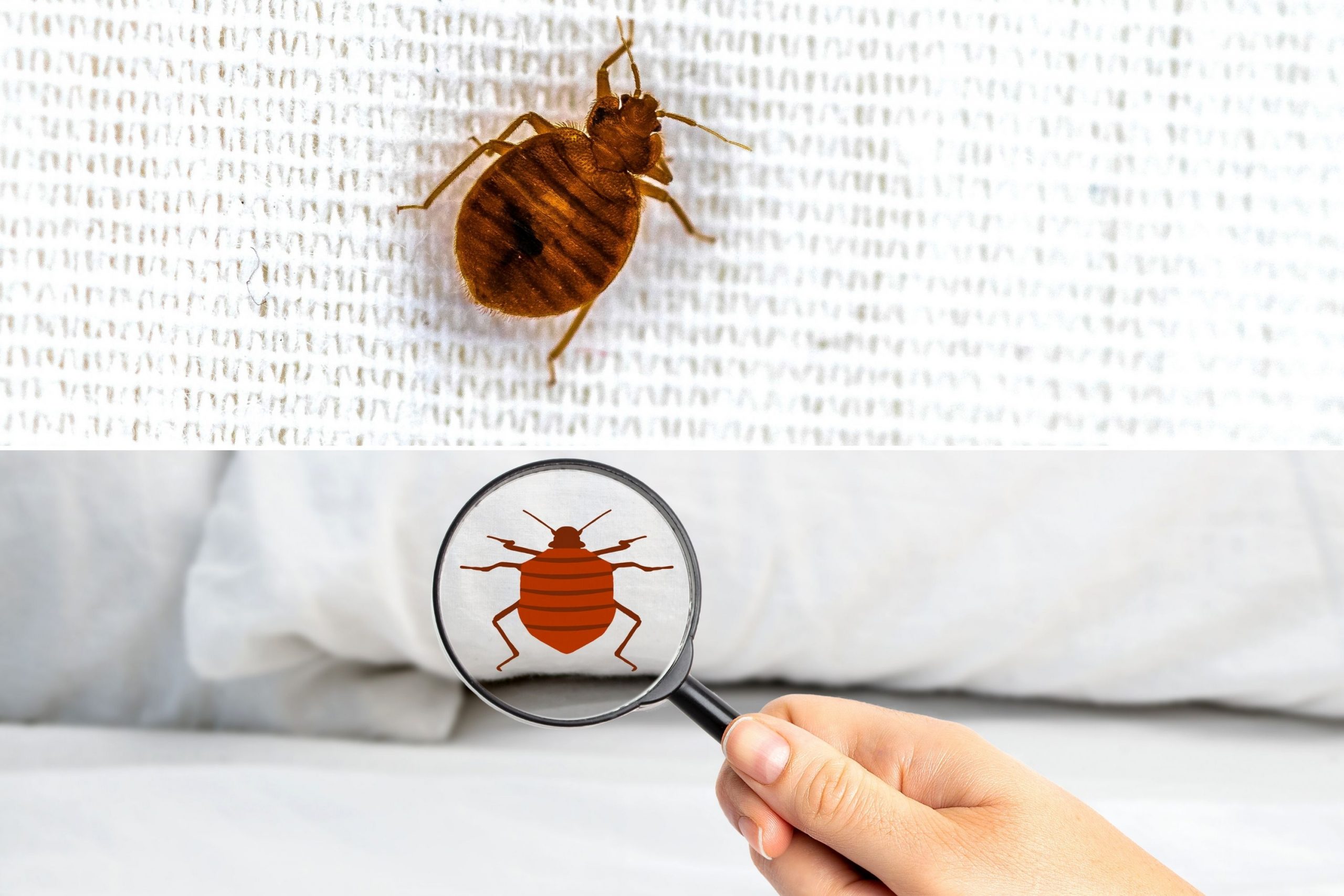
Bed Bugs Are Attracted to Carbon Dioxide
This is a proven fact. Bed bugs really get attracted to humans simply because we produce carbon dioxide. This is also the reason why these pesky tiny beasts tend to settle in the areas with the high concentration of carbon dioxide.
And since humans have more carbon dioxide trapped around their bodies during the night due to the minimal amount of movements, bed bugs prefer feeding at night when we are asleep and lay still,
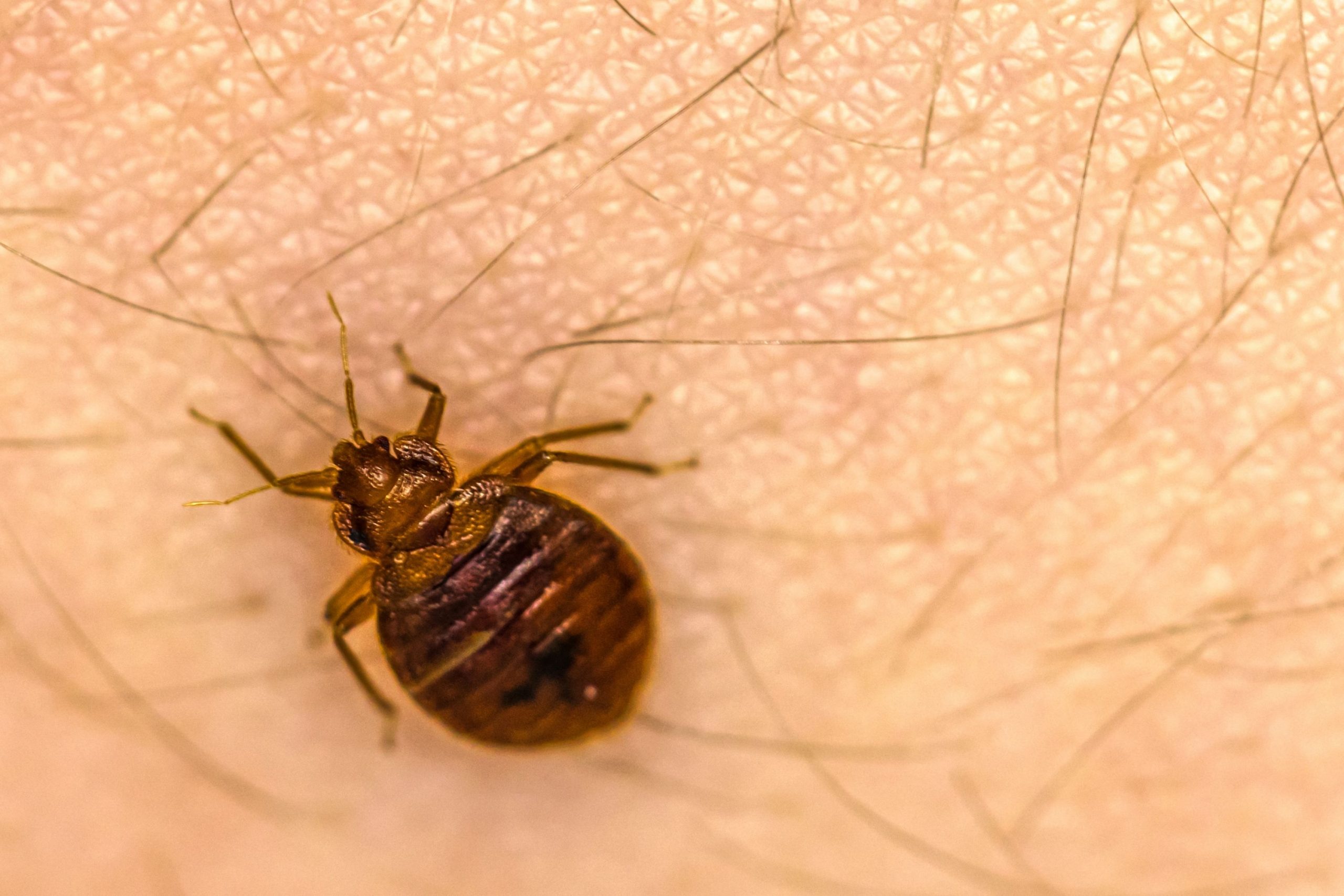
Warmth Attracts Bed Bugs As Well
Unlike many parasites, bed bugs are not tempted by dirt or grime. Instead, they long for the warmth of our bodies. Since human beings produce warmth and heat during the night while being motionless when we sleep, the night is like a gold mine for bed bugs!
This also explains why the area around our beds, and especially the headboard, is the most common place for the bed bugs to dwell.
Do You Like Dark Bed Sheets? Bed Bugs Love Them Too!
Yes, this may be a surprise for you, but these pesky little critters are attracted to dark-colored bed sheets, especially black and red! See, bed bugs are accustomed to dark environments since they are active during the night most of the time.
This is why dark colors are so attractive to them, and especially the red color and the black color since they mimic the two most beloved things in each bed bug’s life: darkness and blood.
Dirty Laundry Is What Makes Bed Bugs Attracted to You
If there are no humans around that they can feed on, bed bugs get attracted to dirty laundry instead in order to make use of it as a hive. So if you tend to collect a stack of dirty and soiled laundry on the floor of your bedroom, be ready that it may become a starting point for the pests’ journey across the entire room and right to your bed!
That’s simply because these tiny bloodsuckers love the scent of the dirty bedsheets!
And in any case, dirty laundry carries germs and bacteria which are harmful to your health. In addition, they are unhygienic for you to sleep and rest at night. So consider getting rid of such bad housekeeping habits.
Now that you know what attracts bed bugs to you, and you are all well aware of the most common things that work as a magnet for the bed bugs, make sure you provide the parasites with none of these attractive factors to avoid meeting them in your bedroom at night.
Keep your bed sheets clean, shift dark bed sheets for the light-colored ones, air your bedroom thoroughly to keep the air in it always fresh, and never store dirty laundry on your bedroom’s floor!
This way, you will minimize the chances of bed bug infestation in your sleeping area and in your home in general.

What Shall You Do to Prevent Bed Bugs From Biting You?
Well, now you have already learned what attracts bed bugs into your home. That’s good since you will now be able to avoid those factors that make these pests come to your house from outside.
However, there is another issue you need to take care of. We are talking about the preventive measures you need to take in order to stop these blood-sucking critters from feeding on you every night!
See, bed bug prevention is always much simpler than trying to get rid of them once the colony is settled and spread. So we recommend you learn the basic bed bugs prevention tips in advance. This way, you will escape the need of eliminating the infestation in your home and fight the parasites.
- Make sure you ventilate the rooms properly since bed bugs are attracted to the fumes human bodies emit.
- Avoid putting plants into your bedroom and indoors as well. They affect the level of carbon dioxide that bed bugs are attracted to.
- Cover yourself with a blanket or with a quilt. Like this, your body will not be a constant target for pests.
- Wash and dry your bedsheets and pillowcases regularly at high temperatures since bed bugs are susceptible to high temperatures of 117-120 degrees Fahrenheit!
- Use bedsheets and pillowcases of light colors.
- Store your dirty laundry in sealed bags or plastic packets and wash it immediately.
Like this, you will cut short all the possible ways bed bugs can appear in your home. In addition, we would recommend you check your pets (if you have any) for these pests infestation signs, especially if your cat or dog spends a lot of time outdoors.
Also, check your bags and clothes for the signs of bed bugs after you return from traveling. Avoid bringing old mattresses from other homes to your place, and also, avoid buying stuff at flea markets since those can be the places where bed bugs travel from right to your home.
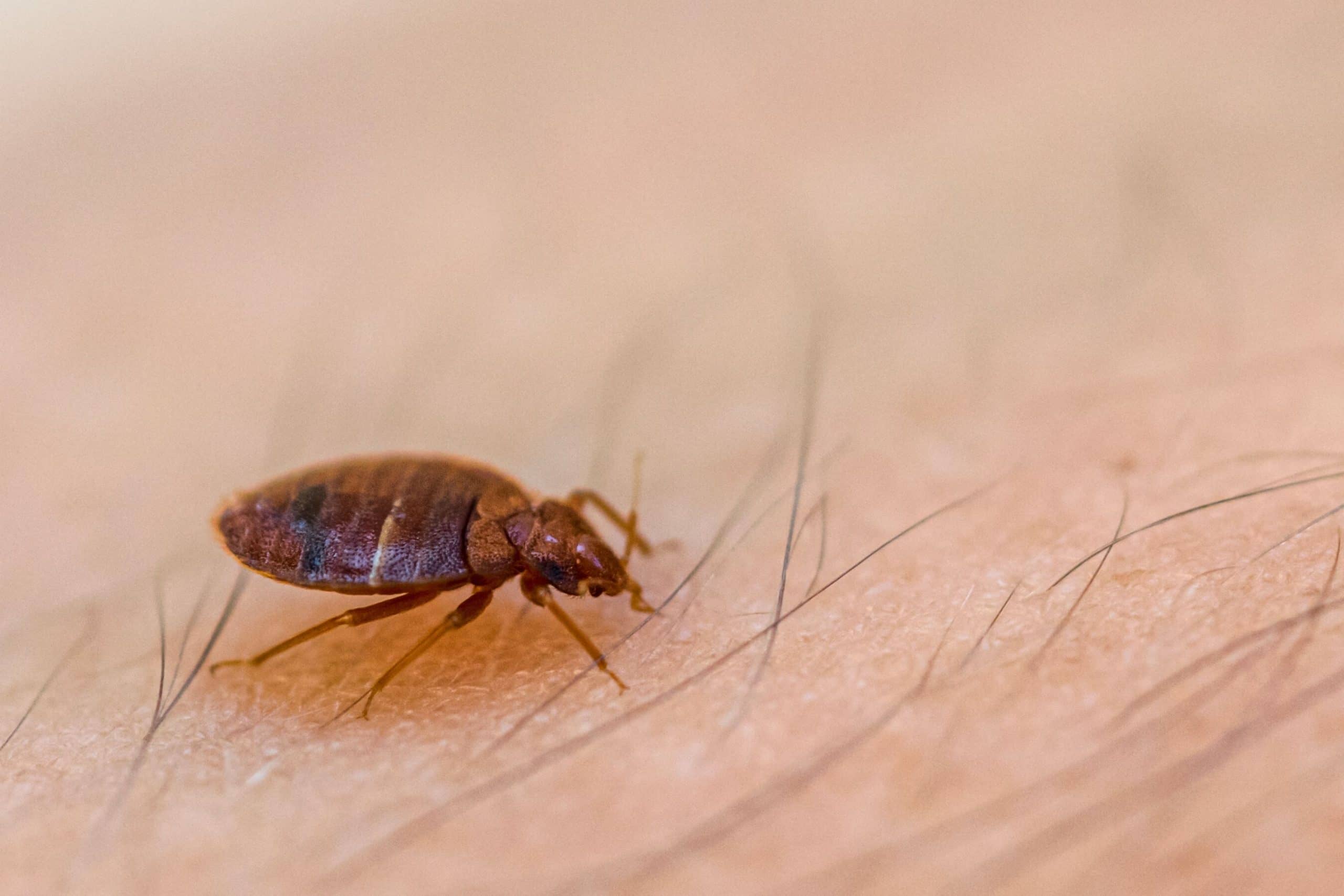
Where Do Bed Bugs Come From At All?
Finding these pests in your house or in your apartment is not fun at all, and this is when most of us begin asking the same question: where did they come from? Meaning bed bugs of course.
Well, having a bed bug infestation does not mean that your home is that badly dirty! On the contrary, these pests can end up even in the cleanest house! That’s because you can get bed bug from just about any public place:
- offices
- daycares
- airports
- residential homes
- nursing homes
- libraries
- educational institutions
- police and fire stations
- retail stores
- commercial facilities
You can even pick up bed bugs in taxis, banks, trains, cars, buses, and cruise ships! This is why it is recommended to check your luggage and clothes for any signs of these pests each time you return from your trips and travels. Also, you have to wash all of your clothes right after you are back home and unpacked. And when staying in hotels, remember to keep your clothes off the floor as a precautionary measure.
We would also add another place where you can bring these pesky critters from: flea markets. Since these places are stuffed with old items, such as furniture, clothes, etc, they are like eldorado for the bed bugs!
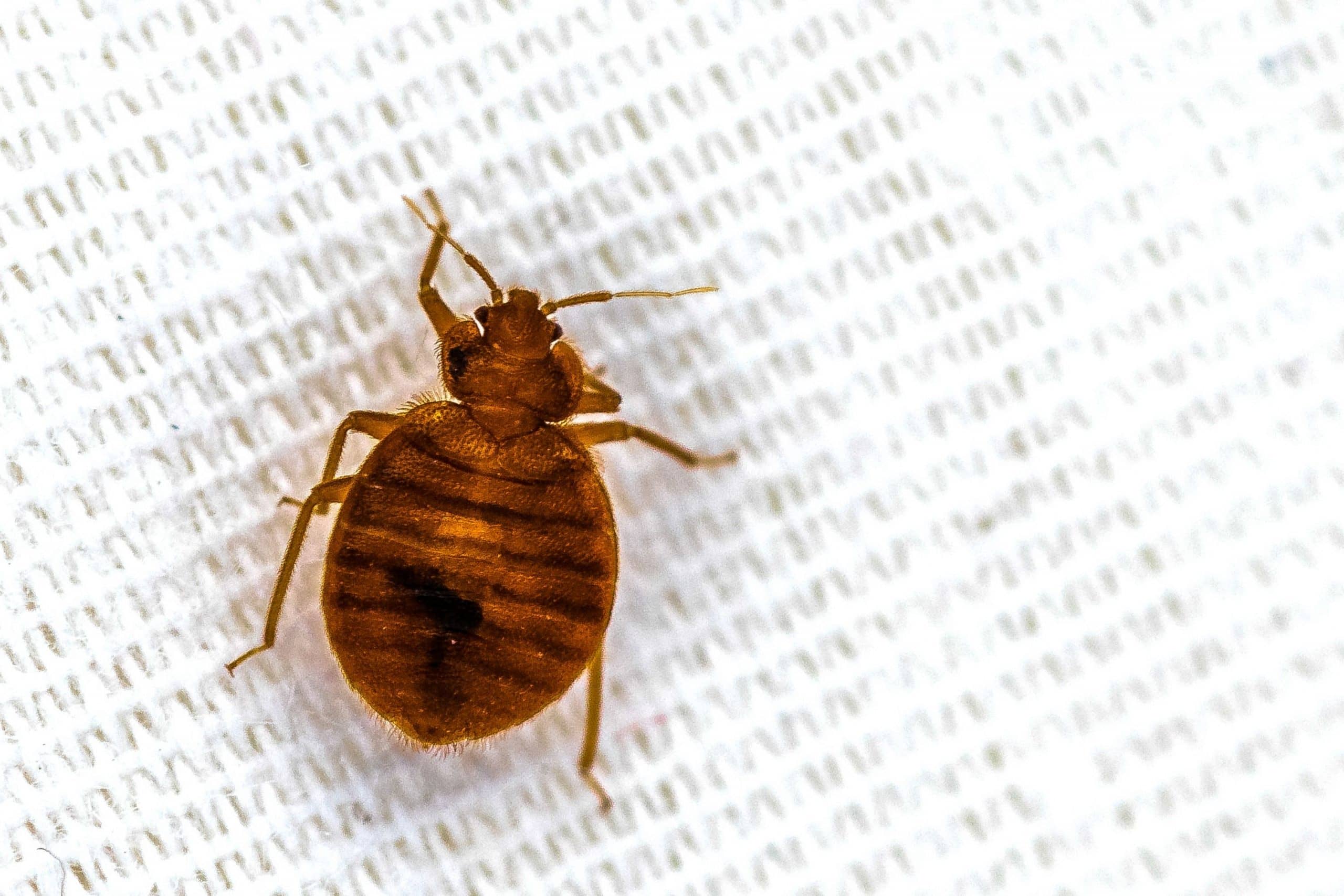
Major Myths About Bed Bugs Debunked!
When it comes to parasites, people tend to have the most unbelievable and extraordinary thoughts and ideas regarding them! Bed bugs are not the exception.
People have created and spread so many myths about these parasites that we find it useful and even necessary to debunk them so that you know what is true and what is not regarding the bed bug infestation, their places of dwelling, and the things that attract them more than any others.
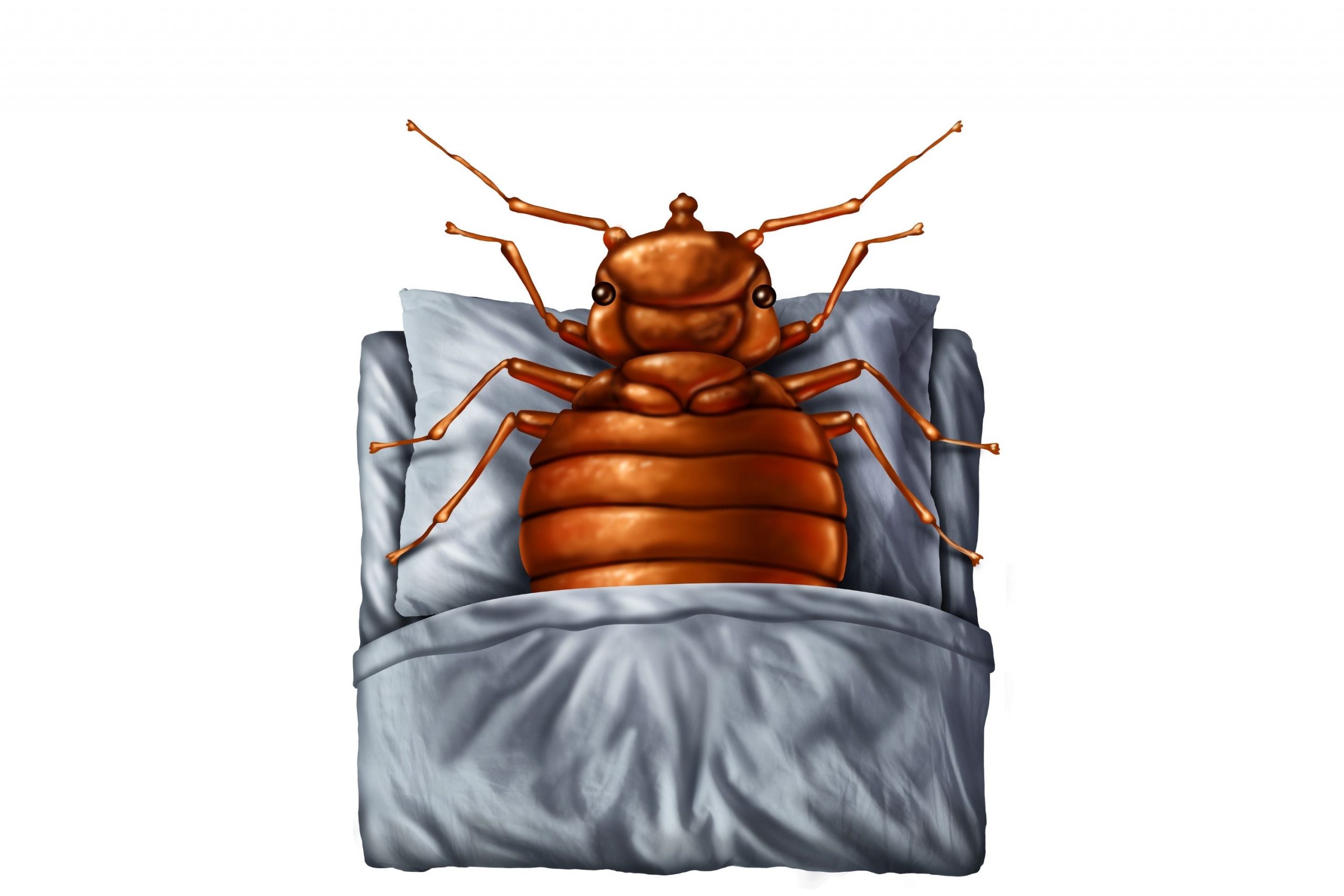
Wood Attracts Bed Bugs (Myth)
Bed bugs do live in the cracks of your wooden furniture, but it does not mean that wood attracts them to your homes. This is why discarding wooden furniture will not help you to get rid of these pesky beasts.
Bed Bugs Are Attracted to Household Chemicals (Myth)
Common cleaning products, such as bleach, ammonia, laundry detergents, or fabric softeners do not attract bed bugs. They don’t even find those chemicals appealing! However, bed bugs do produce a chemical called histamine themselves, and this chemical attracts other bed bugs.
Are Bed Bugs Attracted to Period Blood? No. That’s a Myth!
Even though they feed on human blood, period blood is not attractive for them. These pests have no mechanism that tells them when a person is on period.
Human Urine Attracts Bed Bugs (Myth)
There is no scientific evidence that proves urine draws bed bugs to humans. However, the heat that comes from a human body, as well as carbon dioxide that we produce are the great attracting factors for these pests.
Bed Bugs Can’t Be Seen (Myth)
They can be seen very well! You can see adult bed bugs, their eggs, and even nymphs with the naked eye. However, they normally hide during the day which is why such a myth appeared.
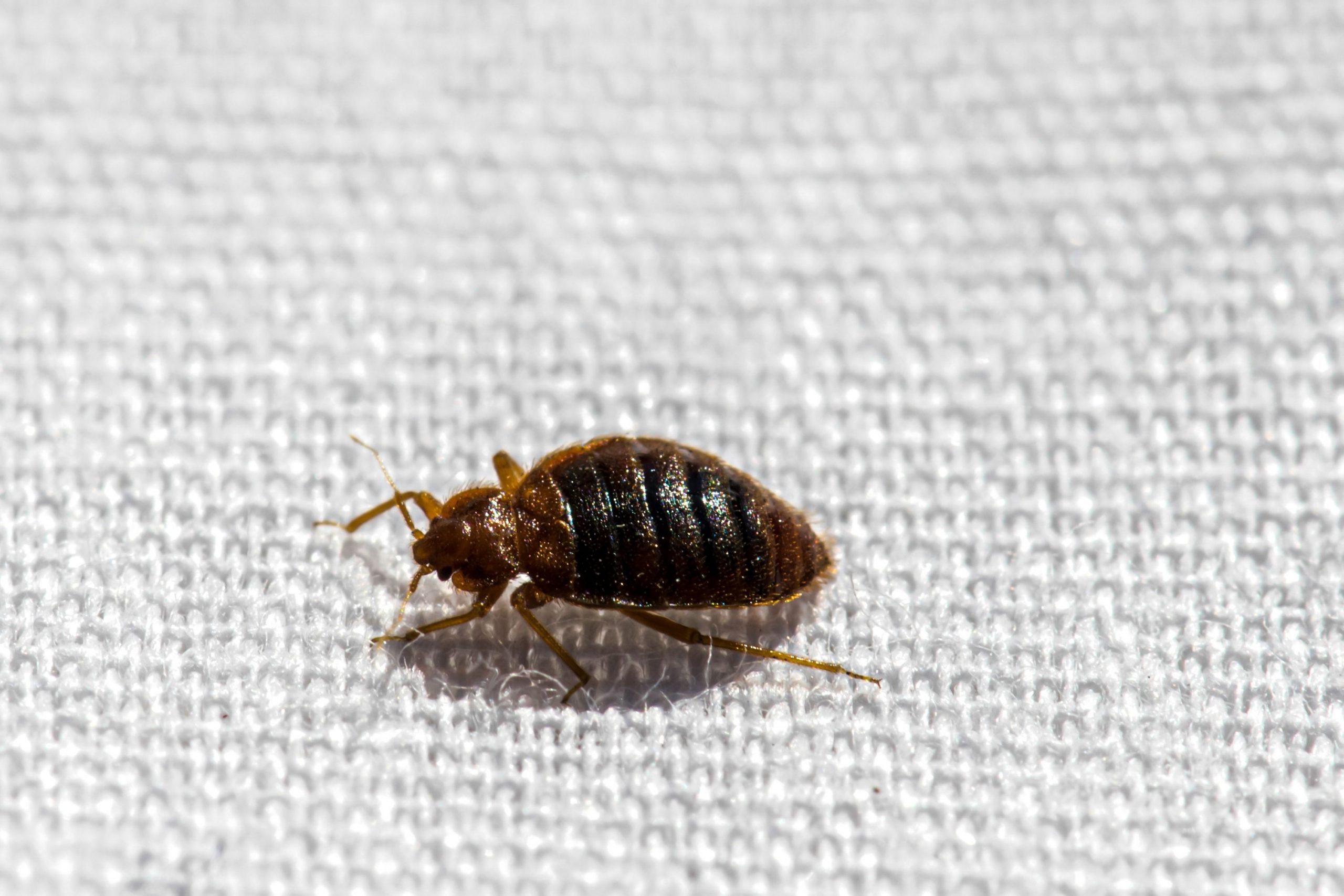
What to Do to Keep Bed bugs Away From Your Home?
Dealing with bed bug infestation is a long-lasting and tiresome task. This is why it is way better to take a few preventive measures in order to keep those tiny pests as far away from your home as possible.
First of all, before bringing home any second-hand items (such as clothes, bedding, upholstered furniture, etc), check them for the signs of pests. Once any signs are spotted, clear the objects immediately. In case the item must be laundered, do it at the highest temperature that the fabric can withstand.
Wash guest bedding after each use in hot water, and clean up clutter around your house. Even after your kids visit their friends’ homes, you need to check their clothes for any signs of bed bugs! Yes, that sounds a bit paranoiac, but this is the only way to keep those bloodsuckers at bay.
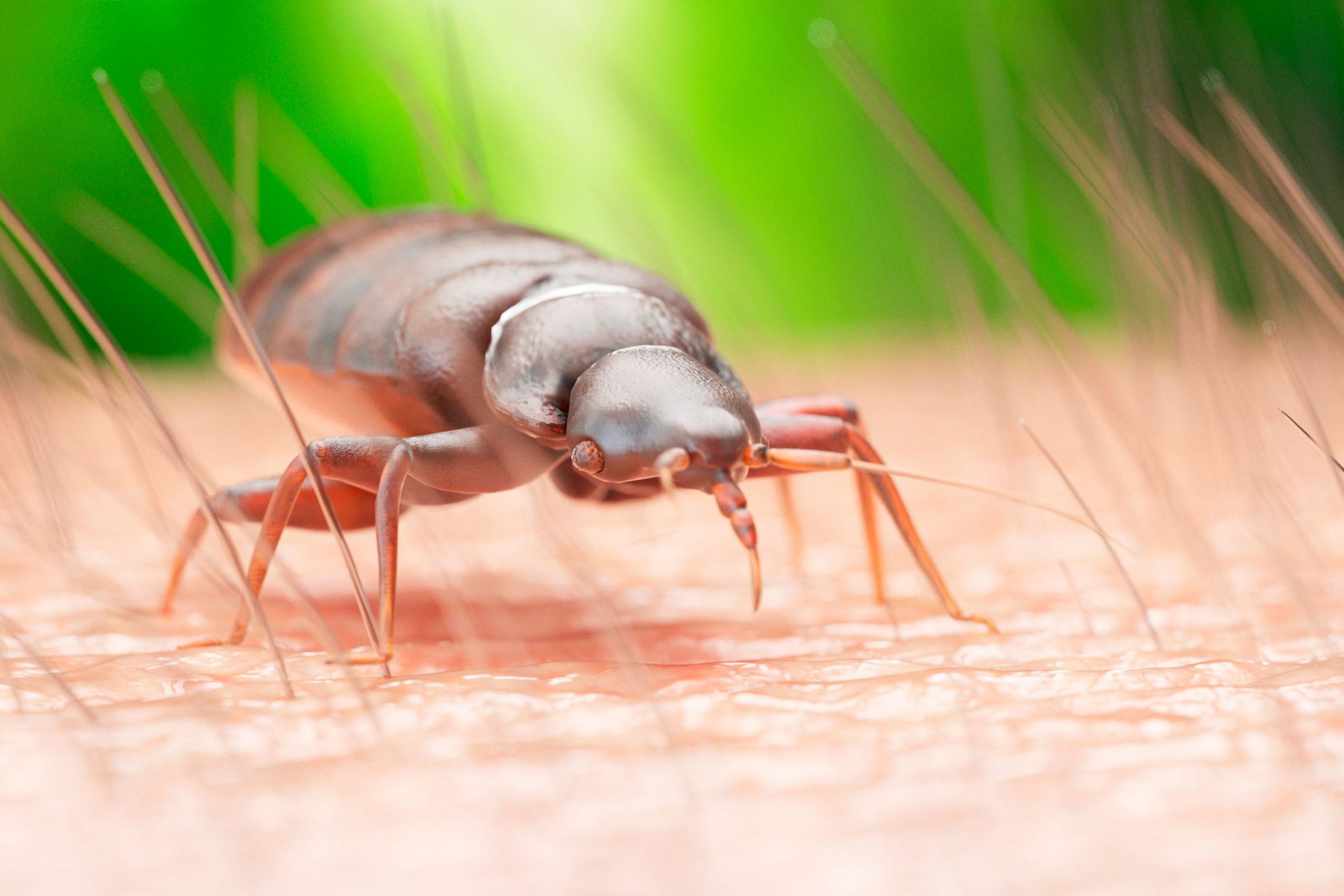
We also recommend you keep up with these rules and precautions all the time when you are traveling or staying out of your home in a hotel or even at your friends’.
That’s because bed bugs tend to travel around in search of hosts, so there is always a chance that you bring them to your home again.
So, now you are aware of the basic and the most helpful tips regarding how to avoid bed bug infestation in your home, and what to do to keep these critters where they belong. With that in mind, as well as knowing what exactly attracts them, you will easily manage to prevent bed bug invasion!
[wp-faq-schema title=”Frequently Asked Questions”]
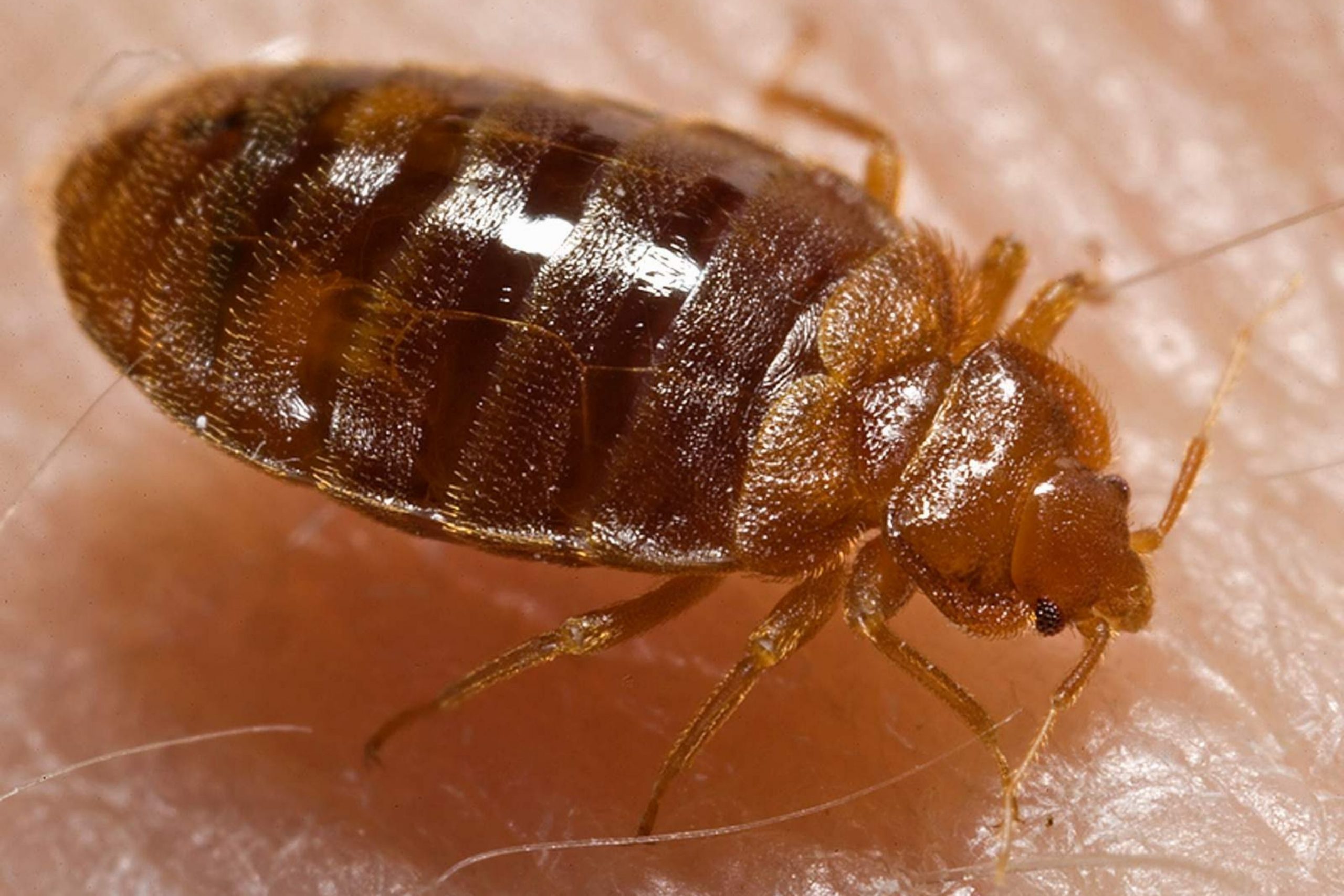
What attracts bed bugs to hide in luggage? I remember I found them in my suitcase once, and it took me quite a lot of time to get rid of the infestation! But why do they hide in suitcases if all the clothes are new there?
I guess that they hide in luggage because clothes remain enclosed there for quite a long time during the flight. It’s probably enough for the bugs to settle in a pile of garments. Especially if you tend to keep a part of your clothes in a suitcase all the time during the trip.
Hi! Does anyone know what attracts bed bugs to hotel rooms? I stayed in a hotel last week, and today I found a bed bug in my bed! We have never had them before at home! So that’s only the hotel that I could bring it from. But why? All the rooms are cleaned there, right?
Well, you’re right, the hotel rooms are cleaned. But any guest could bring the pests with him or her, and those just settled in your suitcase. Besides, not all hotels clean their rooms properly and thoroughly enough.